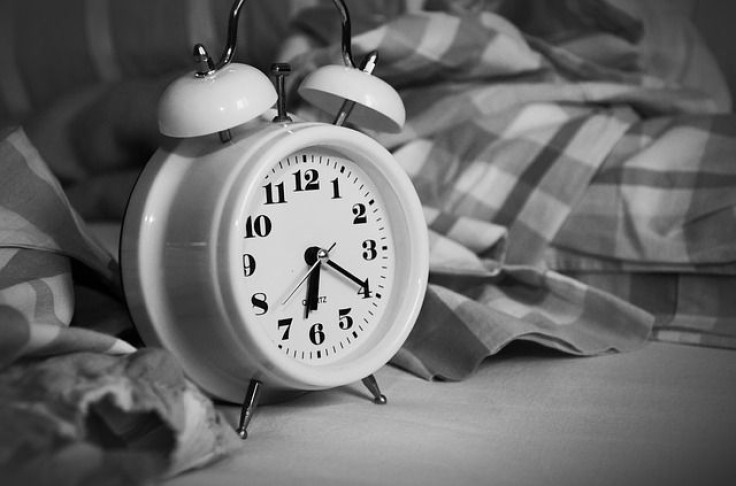More Light Throughout The Day And Less During Evening Improves Sleep Quality, Cuts Depression

Want to get a better night’s sleep? Try giving yourself more time in front of an open window. New research suggests that waking up to morning daylight and more overall exposure to light throughout the day can not only help you sleep better that evening, but may also reduce your stress levels during the day.
The study published online in Sleep Health has also found limiting exposure to light in the evening will help with sleep quality, as the balance of bright mornings and dark evenings help to set your body’s circadian clock right, resulting in overall better sleep.
“Much has been done to reduce light levels to promote energy efficiency, which is important, but we may be going too far in this direction,” study lead author Mariana Figueiro told Reuters. “We need to start thinking about how we light our daytime environments.”
Read: Better Sleep: How Much Rest Do You Need, And How To Get It
For their research, the team looked at the light exposure of 109 volunteers for a week in the summer and again for a week in the winter. Volunteers were also asked to log in their sleep and wake times, as well as answer a questionnaire about their overall mood and sleep quality during the course of the study. Results showed that people who were exposed to greater amounts of light in the morning, between the hours of 8am and noon, fell asleep faster, had fewer sleep disruptions, and were less likely to report feelings of depression, than those exposed to less morning light. In fact, exposure to high amounts of light throughout the day day, to about 5 p.m., was associated with better sleep and less depression overall.
According to Science Daily, the circadian rhythm is a person’s body clock that helps to determine the time of certain bodily functions, such as sleeping and waking. The body relies on the presence and absence of light to cue when it’s time to produce hormones that help induce sleep and make you wake up.
“A robust light and dark pattern (high circadian effective light during the day and low in the evening) is important for our health and wellbeing,” said Figueiro to Reuters.
The researchers say these findings show that it is not only important to take into account light in your home, but also light in your workplace. And while it may be difficult to control the amount of light in your work setting, the team point out there are other ways to increase your daily light exposure, such as taking a break to walk outside in the sunshine. In addition, even something as simple as looking out the window during the day can help to increase light exposure, and ultimately leave you feeling better rested.
Source:MG. Figueiro,B Steverson, J Heerwagen. The impact of daytime light exposures on sleep and mood in office workers. Sleep Health. 2017
See Also:
The Surprising Way To Get Better Sleep: Science Shows A Camping Trip Could Get You In Bed Earlier
Get Better Sleep: Infographic Shows Why You Can’t Make Up For Hours Of Missed Sleep



























